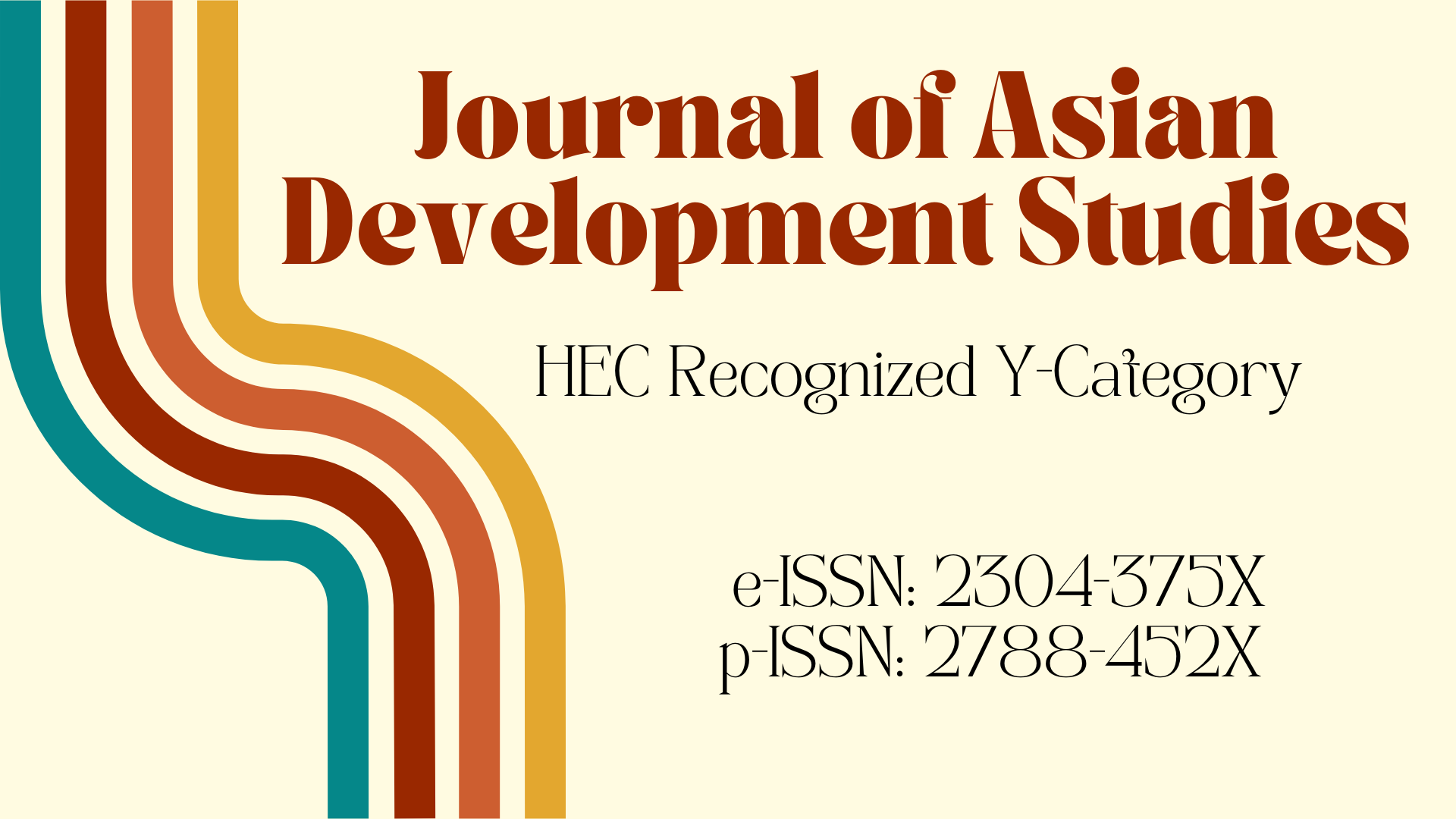Understanding Emotional Exhaustion: The Influence of Illegitimate Tasks Through Employee Silence and Stress
DOI:
https://doi.org/10.62345/jads.2025.14.1.93Keywords:
Emotional Exhaustion, Illegitimate Tasks, Employee StressAbstract
Illegitimate tasks, considered unnecessary or outside the scope of an employee's role, can negatively impact their well-being in modern environments. Currently, the work examines the association between employee silences and stress, emotional fatigue, and illegal behavior. Despite legitimate ones, illegitimate chores can be classified into two types — unreasonable tasks that are beyond the normal scope of an employee’s job duties and needless tasks that employees believe are redundant in nature. These responsibilities can lead employees to feel overworked and underappreciated, increasing stress levels. Employee silence, the deliberate avoidance of voicing concerns or suggestions related to work topics, can arise as an adaptive response. Factors like fear of retaliation, organizational culture, and power dynamic can suppress employees from speaking up. Ongoing exposure to these stressors leads to emotional exhaustion, a leading feature of burnout, which is defined as the fatigue, diminished motivation, and decreased work performance that people can experience. As we read the study, we were intrigued with the concept of illegitimate tasks — things that employees feel they shouldn’t have to do, have to do but not at work and waste time doing, and ultimately how in this case, being disrespected and forced to balance what is legitimate and illegitimate became a problem where silence beat confrontation causing employees to feel even more stressed. The knock-on impact is emotional depletion, impacting personal output and business performance negatively. Future studies should explore factors that might moderate these relationships (e.g., leadership style, workplace support systems) in order to craft more effective intervention strategies.
Downloads
Downloads
Published
Issue
Section
License

This work is licensed under a Creative Commons Attribution 4.0 International License.
License Terms
All articles published by Centre for Research on Poverty and Attitude are made immediately available worldwide under an open access license. This means:
- everyone has free and unlimited access to the full-text of all articles published in Centre for Research on Poverty and Attitude's journals;
- everyone is free to re-use the published material if proper accreditation/citation of the original publication is given.




